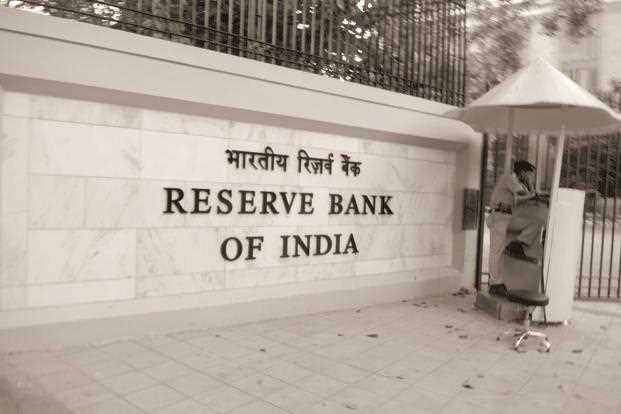Central Bank!

The fundamental function of a central bank is to go about as legislative head of the machinery of credit so as to secure the stability of values.
It directs the volume of credit and money, drawing in more currency when advertise is dry of cash, and drawing out cash when there is an abundance of credit.
In India, RBI has two offices, in particular-- Issue department and Banking division.
We examine underneath its principle capacities:
NOTE: There are many principles but listing down five of them...
1. The issue of Currency:
The national bank is given the sole syndication of issuing cash keeping in mind the end goal to secure control over the volume of money and credit. These currencies flow all through the nation as legitimate delicate money. It needs to keep a save as gold and outside securities according to statutory principles against the currency issued by it.
It might be noticed that RBI issues all cash notes in India with the exception of one rupee note. Once more, it is under the headings of RBI that one rupee notes and coins are issued by government mints. Keep in mind, the central government of a nation is normally approved to obtain cash from the national bank.
At the point when the central government use surpasses government income and the administration can't diminish its consumption, at that point, it obtains from the RBI. This is finished by offering security bills to RBI which makes new currency notes for the reason. This is called monetization of spending shortage or deficiency financing. The administration spends new money and places it into a flow to meet its consumption.
2. Banker to Government
:
The national bank works as an investor to the government—both central and state governments. It acts all the functions of the banking business of the government. The government keeps their trade offsets the present record with the national bank. Correspondingly, national bank acknowledges receipts and makes payment for the benefit of the government.
Likewise, the central bank does trade, settlement and other banking activities in the interest of the government. The national bank gives loans and advances to governments for impermanent periods, as and when essential and it likewise deals with people in general obligation of the nation. Keep in mind, the central government can get any measure of money from RBI by pitching its rupees securities to the latter.
3. Investor's Bank and Supervisor:
There are generally many banks in a nation. There ought to be some organization to manage and direct their appropriate working. This obligation is released by the central bank.
National bank goes about as financier's bank in three limits:
(I) It is the caretaker of their money holds. Banks of the nation are required to keep a specific level of their stores with the national bank; and along these lines, the national bank is a definitive holder of the money stores of business banks
(ii) Central bank is moneylender of final resort. At whatever point banks are short of assets, they can take credits from the national bank and get their exchange bills marked down. The national bank is a wellspring of awesome quality to the managing an accounting framework
(iii) It goes about as a bank of central clearance, settlements, and exchanges. Its ethical influence is normally extremely viable so far as commercial banks are concerned
4. Trade Control:
Another obligation of a central bank is to see that the outside estimation of currency is kept up. For example, Talking about India, the Reserve Bank of India finds a way to guarantee outer estimation of a rupee. It receives reasonable measures to accomplish this protest. The trade control framework is one such measure.
Under trade control framework, each subject of India needs to store with the Reserve Bank of India all remote money or trade that it gets. What's more, whatever remote trade it may require must be secured from the Reserve Bank by making an application in the recommended shape.
5. Lender of Last Resort:
At the point when business banks have depleted all assets to supplement their assets on occasion of liquidity emergency, they approach national bank if all else fails. As moneylender of final resort, national bank ensures dissolvability and gives budgetary convenience to business banks
(I) by rediscounting their qualified securities and bills of trade
(ii) by giving credits against their securities. This spares banks from conceivable disappointment and saving money framework from a conceivable breakdown. Then again, national bank, by giving brief money related convenience, spares the monetary structure of the nation from crumple
Well, this is what would have been the brief information about the entrusted party.
Cheers!